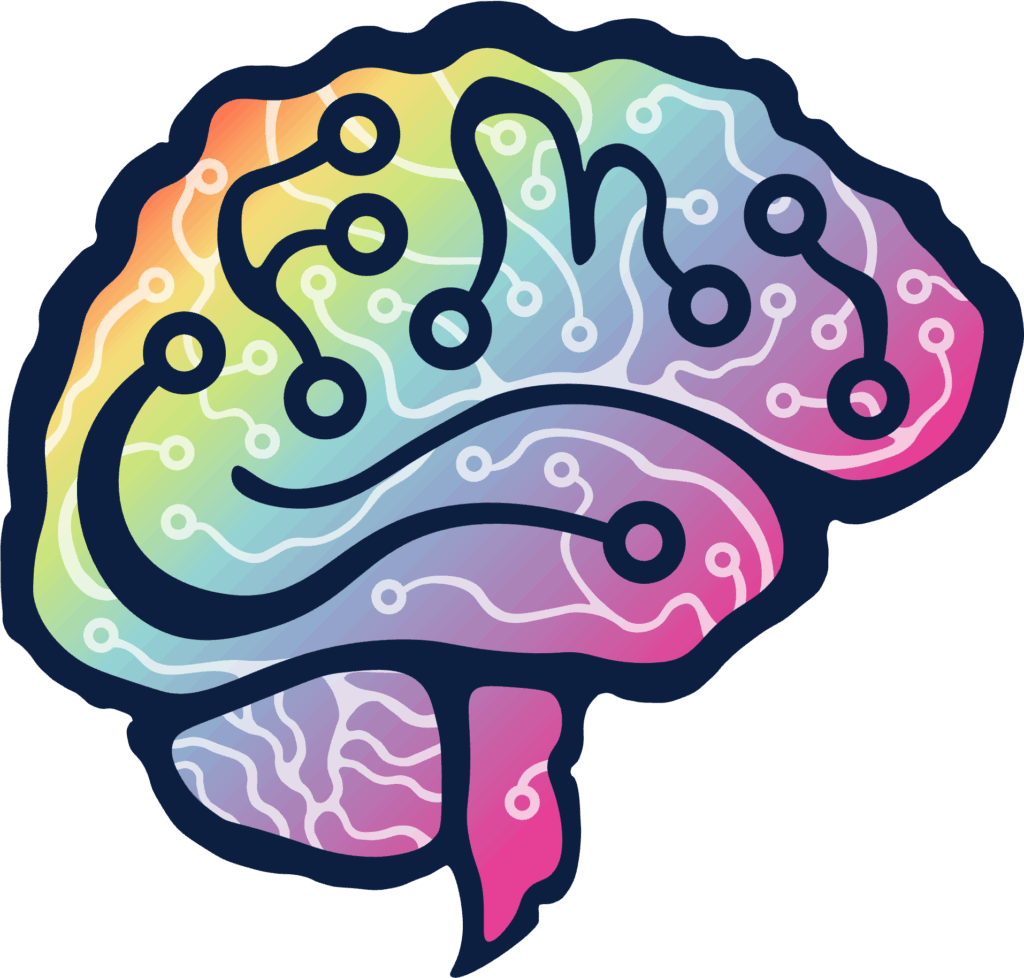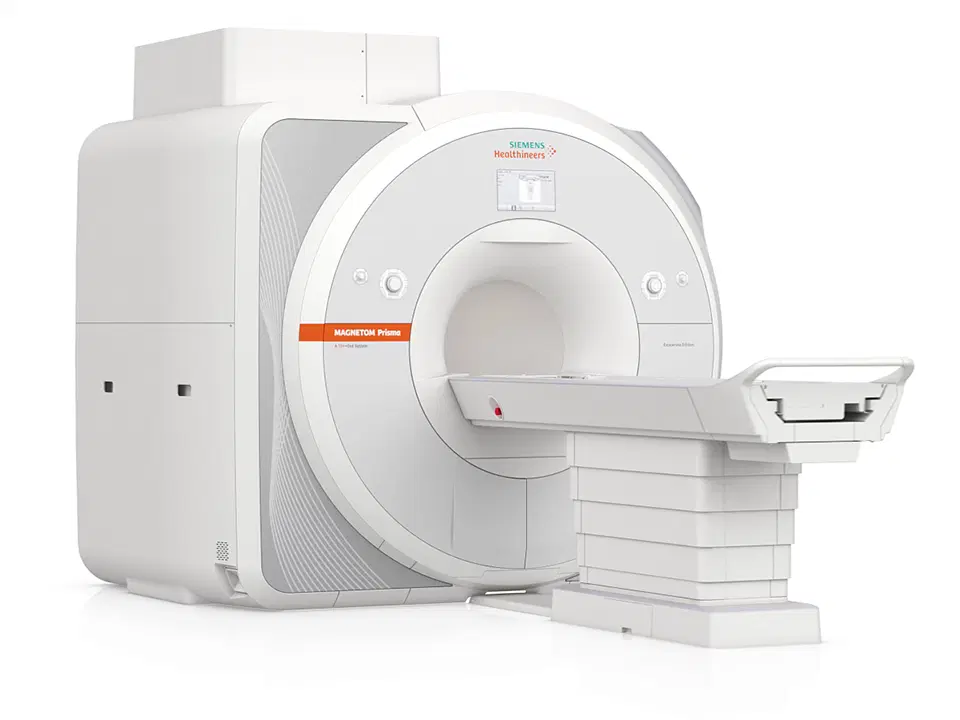
Welcome to the
Center for Functional and Molecular Imaging (CFMI)
The Center for Functional and Molecular Imaging (CFMI) at Georgetown University Medical Center is a dedicated to cutting-edge brain imaging research. Using structural, functional, and molecular techniques, we work at the forefront of neuroscience to unlock the complexities of the human brain.
We collaborate with researchers in the wider DC area to drive innovation and accelerate discoveries that transform our understanding of brain function and disease—all within a research environment that is inclusive, equitable, and forward-thinking.
Quick Access
MRI Scanner
All scans are acquired on our research-dedicated Siemens 3.0 Tesla MAGNETOM Prisma-fit MRI scanner.

Our scanning team specializes in:
- High-resolution structural imaging
- Functional MRI (fMRI) protocols
- Magnetic Resonance Spectroscopy (MRS)
We support complex study designs and diverse participant populations while ensuring a safe, comfortable, and high-quality imaging experience.
Who We Serve
Researchers
We support interdisciplinary teams conducting basic and applied neuroimaging research. CFMI offers advanced MRI capabilities to help answer questions in neuroscience, psychology, neurology, and beyond.
Clinical Trials
CFMI provides imaging services for both industry-sponsored and investigator-initiated clinical trials. Our team works closely with trial coordinators to implement standardized protocols, ensure regulatory compliance, and deliver high-quality imaging data.
Participants
Individuals who volunteer for MRI studies are the heart of our research. We aim to provide a comfortable, safe, and rewarding experience for all participants, and we clearly communicate what to expect before, during, and after the scan.
Student Volunteers
CFMI offers opportunities for undergraduate and graduate students to get hands-on experience in neuroimaging research. Our volunteer program provides exposure to participant screening, data collection, and the day-to-day operations of a research imaging center.
Visit Us
Center for Functional and Molecular Imaging
Georgetown University Medical Center
Preclinical Science Building, Suite LM-14
3900 Reservoir Road NW
Washington, DC 20057
Subscribe
For digital access to shared resources and to receive operational updates, announcements, and more, join our Google Group.
Subscribe to CFMI Users →
